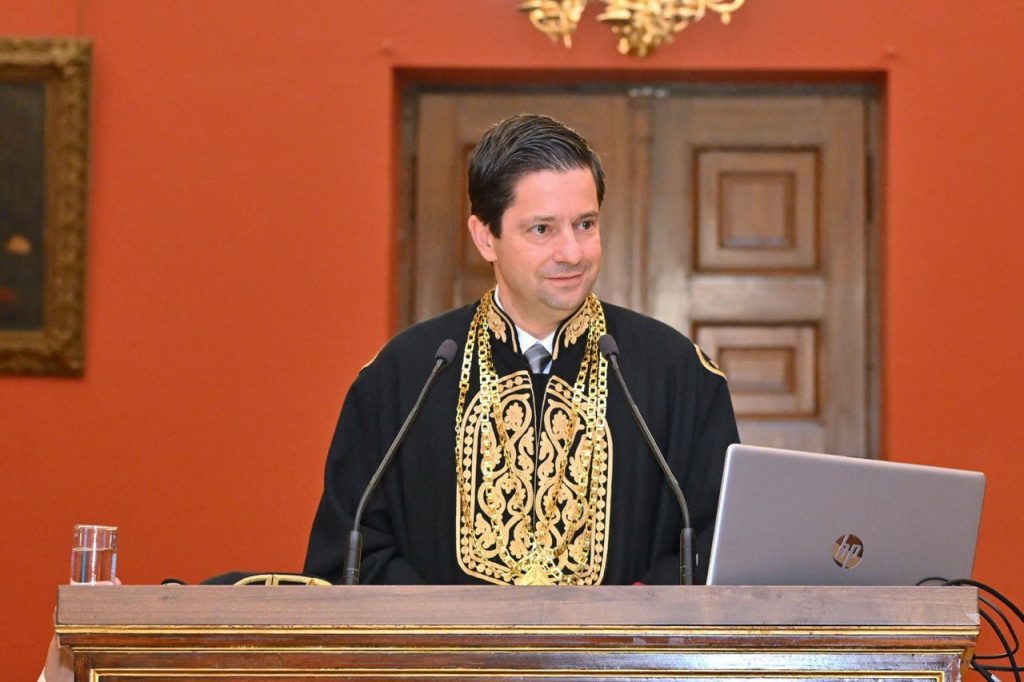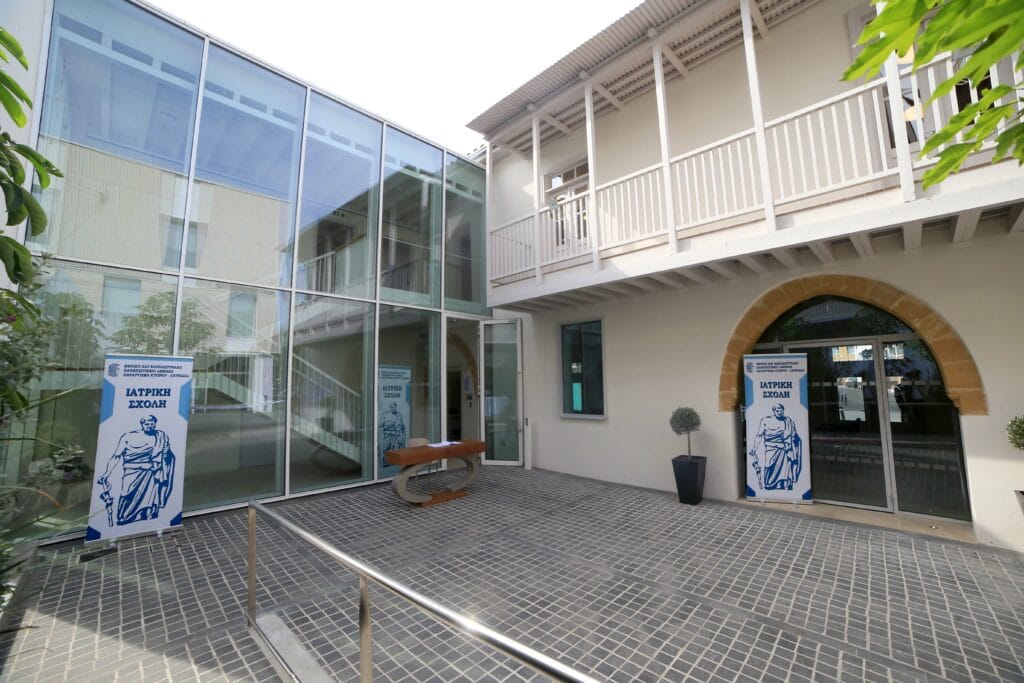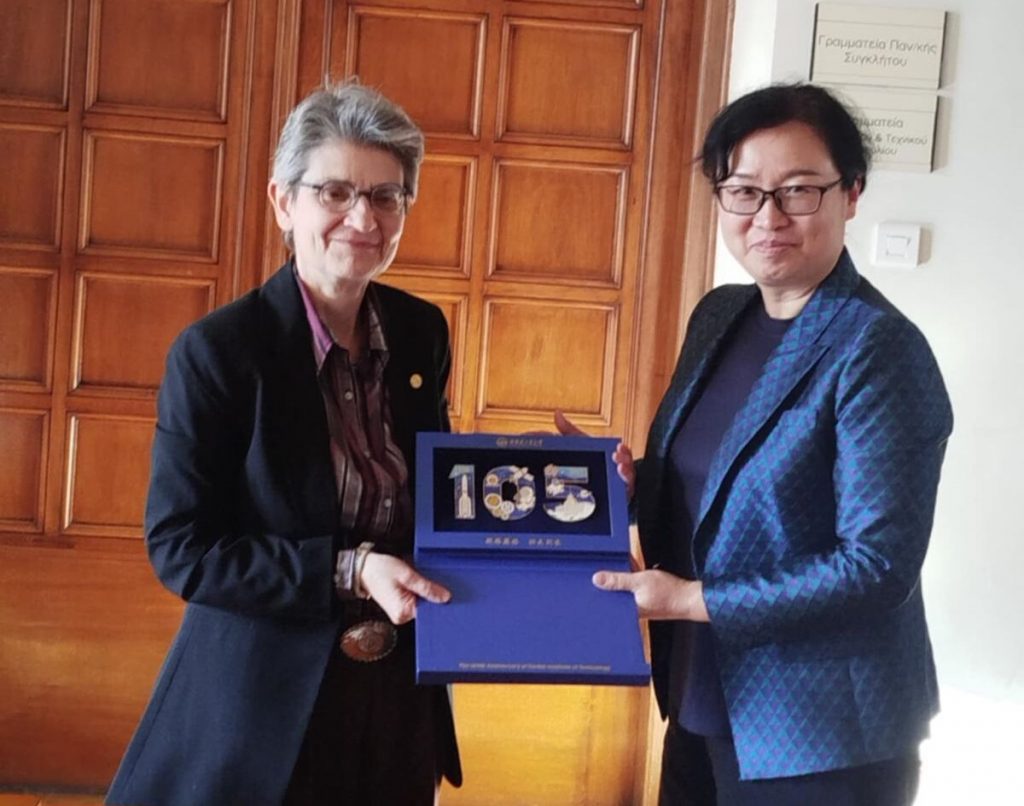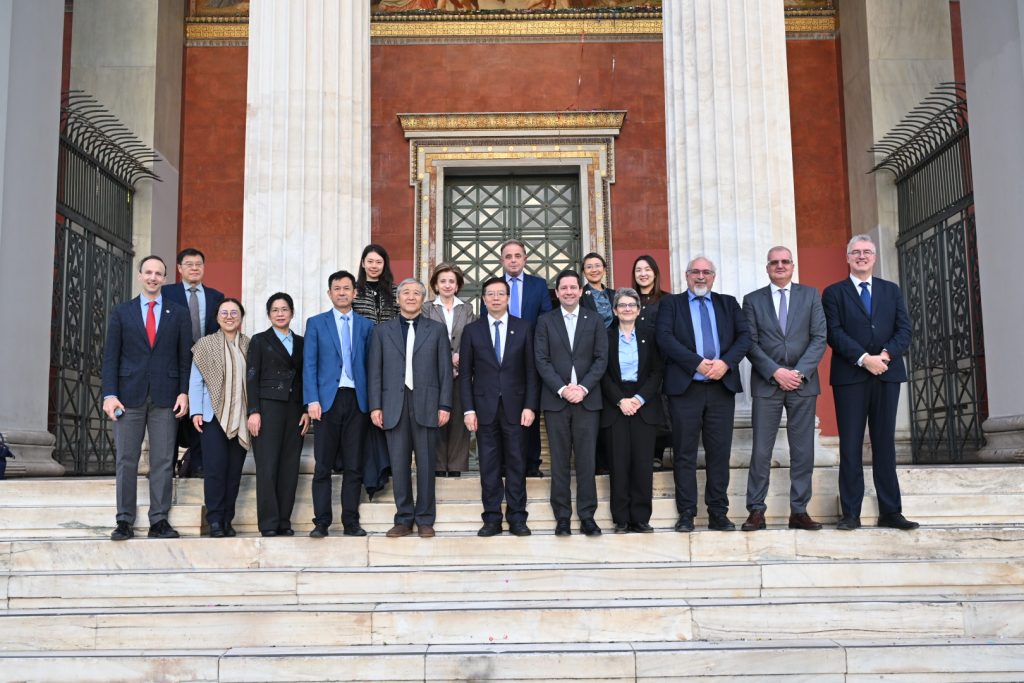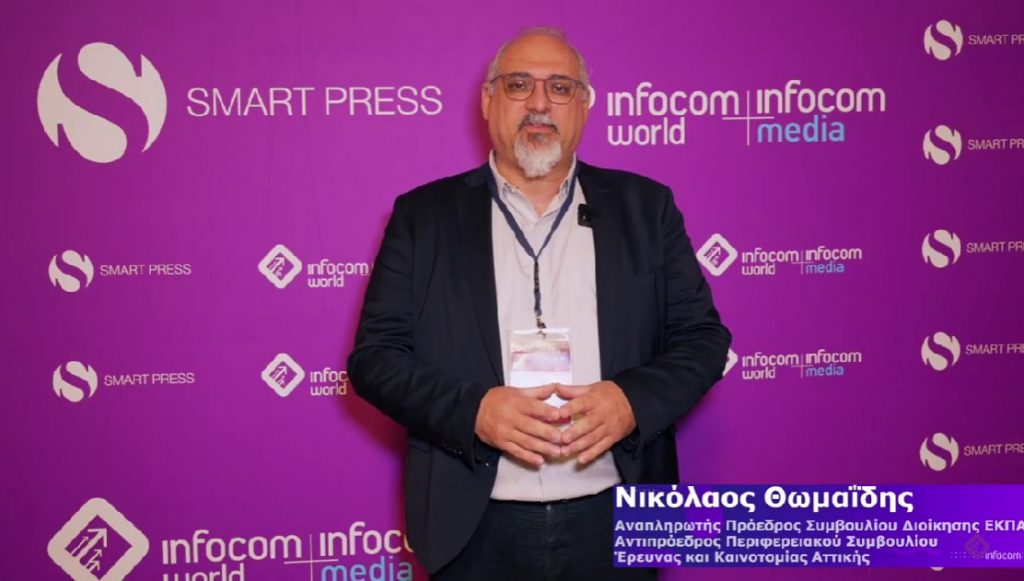
On 22 September 2022, Professor Emeritus of Pediatrics and Endocrinology of the National and Kapodistrian University of Athens George P. Chrousos delivered the honorary “2022 Carl Gemzell Lecture”, at Uppsala University, Uppsala, Sweden. Professor Chrousos was appointed as Carl Gemzell lecturer for his for major contributions to Reproductive Science, Obstetrics and Gynecology. His lecture was entitled “The Roles of Genetics and Epigenetics in Human Evolution and Development”.
Within the context of his well known studies on stress and steroid hormone mechanisms of action, professor G.P. Chrousos described target-tissue resistance to the steroid hormones estrogen and progesterone in an experimentally useful, unique animal model, the New World primates, which he subsequently demonstrated to have a form of generalized tissue “pan-steroid/sterol” hormone resistance. This model predicted the existence of common cellular co-activators and co-repressors in the steroid/sterol signaling systems and the presence of several steroid resistance and hypersensitivity syndromes in humans. In parallel, he studied various issues in human reproduction. He published one of the first descriptions of Late-onset Congenital Adrenal Hyperplasia (CAH) in adult women, men, and children, first determined the incidence of 21-hydroxylase deficiency in women with the polycystic ovary syndrome (PCOS), and performed the first human study on the effects of dexamethasone therapy of CAH in utero. He then described the increased presence of sleep apnea and elevated circulating cytokines in young women with PCOS.
He also studied the interactions of pubertal and stress hormones, the pubertal stages, and the psychosocial adjustment in adolescents of both sexes during the pubertal period. He continued with studies on the effects of stress on adolescent and/or adult pregnancy, labor, delivery, and birth outcome. Determined and studied the secretion of corticotropin-releasing hormone (CRH) by female reproductive tissues, such as the ovaries, the endometrium and the placenta, and demonstrated its physiologic importance in blastocyst implantation, pregnancy, labor and delivery and the postpartum. He performed detailed studies on affective and eating disorders in female adolescents and adults, and examined the effects of stress hormones on several reproductive functions in animal models and humans. He reported studies on the endocrine, immune, and emotional changes in pregnancy and the postpartum and uncovered the hormonal etiology of the postpartum “blues” and depression. He also performed the early, seminal pre-clinical and clinical studies on the reproductive, metabolic, inflammatory, and behavioral effects of the anti-progestin RU 486 in rodents, nonhuman primates and humans.
Prof. Chrousos studied children conceived by ART, both by classic IVF and ICSI, and showed that they have an increased risk of developing dysmetabolic syndrome by blood biochemistry, and by metabolomic and proteomic evaluations. He also studied women with gestational diabetes and determined prognostic biomarkers of the pregnancy outcome. In Europe, he was involved in several large multicenter, multinational studies on pregnancy, gestational weight gain and pregnancy outcome. He also participated in studies on the healthy growth of European children and adolescents.





